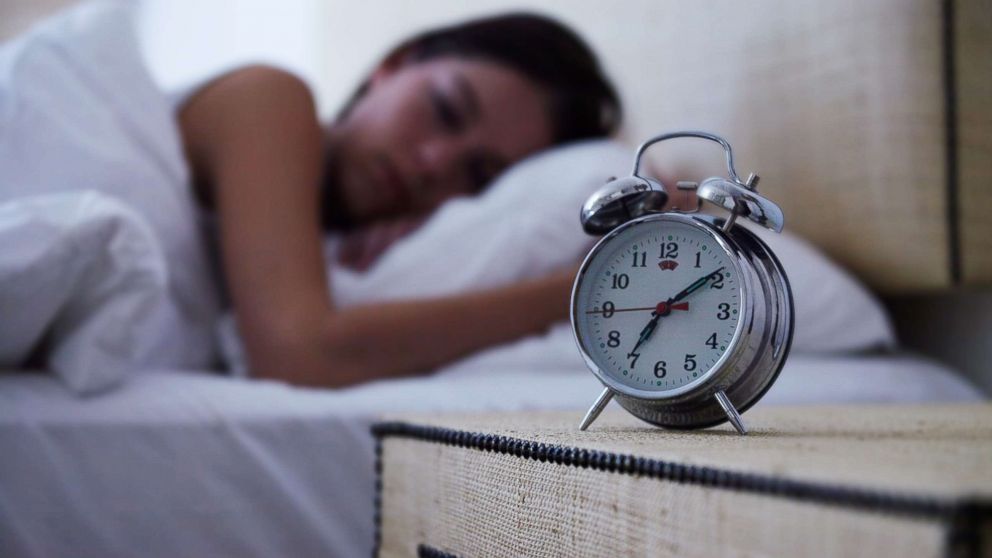
Sleep is important
Sleep deprivation can cause many issues for both mental and physical health. Insomnia and other sleep problems are common among those with mental health issues such as depression and anxiety. Adults 18-60 need seven or more hours of Z’s per night. The good news is that there are things you can do to help get a good night’s rest, but first let’s look at the effects or poor sleeping habits.
What happens while we snooze?
Studies show that every 90 minutes a normal sleeper cycles through two categories of sleep. “Quiet” sleep is the phase when a person progresses through four stages of increasingly deep sleep. Your body temperature will drop, breathing and heart rate slow, and your muscles relax. Physiological changes that help boost one’s immune system is boosted during this stage of deep quiet sleep.
The second cycle is known as REM (rapid eye movement) and is the stage where people dream. An individual’s body temperature rises, breathing and heart rate increase to levels of which are measured when awake. REM sleep helps with learning and memory, as well as contributes to emotional health.
What are the effects of not getting enough Z’s?
- Difficulty concentrating
- Increased hypervigilance
- Mood changes
- Weight gain
- Increased depressive symptoms
- Memory issues
What are some ways to get more Z’s?
Have you experienced any of those effects of poor sleeping habits? Try some of these tips to step up your sleep hygiene game.
- Set a schedule – keep a sleep schedule during weekdays and weekends
- Avoid caffeine, alcohol and nicotine – the effects of nicotine and caffeine take hours to wear off and can disrupt sleeping patterns
- Only use your bed for sleeping! Don’t complete your work in bed, your brain will then associate your bed as a place of productivity
- Focus on your other basic self-care needs. NUTRITION & EXERCISE
- Establish a comfortable environment – utilize a white noise machine, eye shield, ear plugs, or turn on a fan
- Don’t force yourself – after trying to fall asleep for 20 minutes, get up and read, then try again later
- Try a brain dump! Write down your worries, stressors and negative thinking before bed
This article was written by Kirsten Cole LCMHCA, LCASA of L&B Counseling in Charlotte, NC
